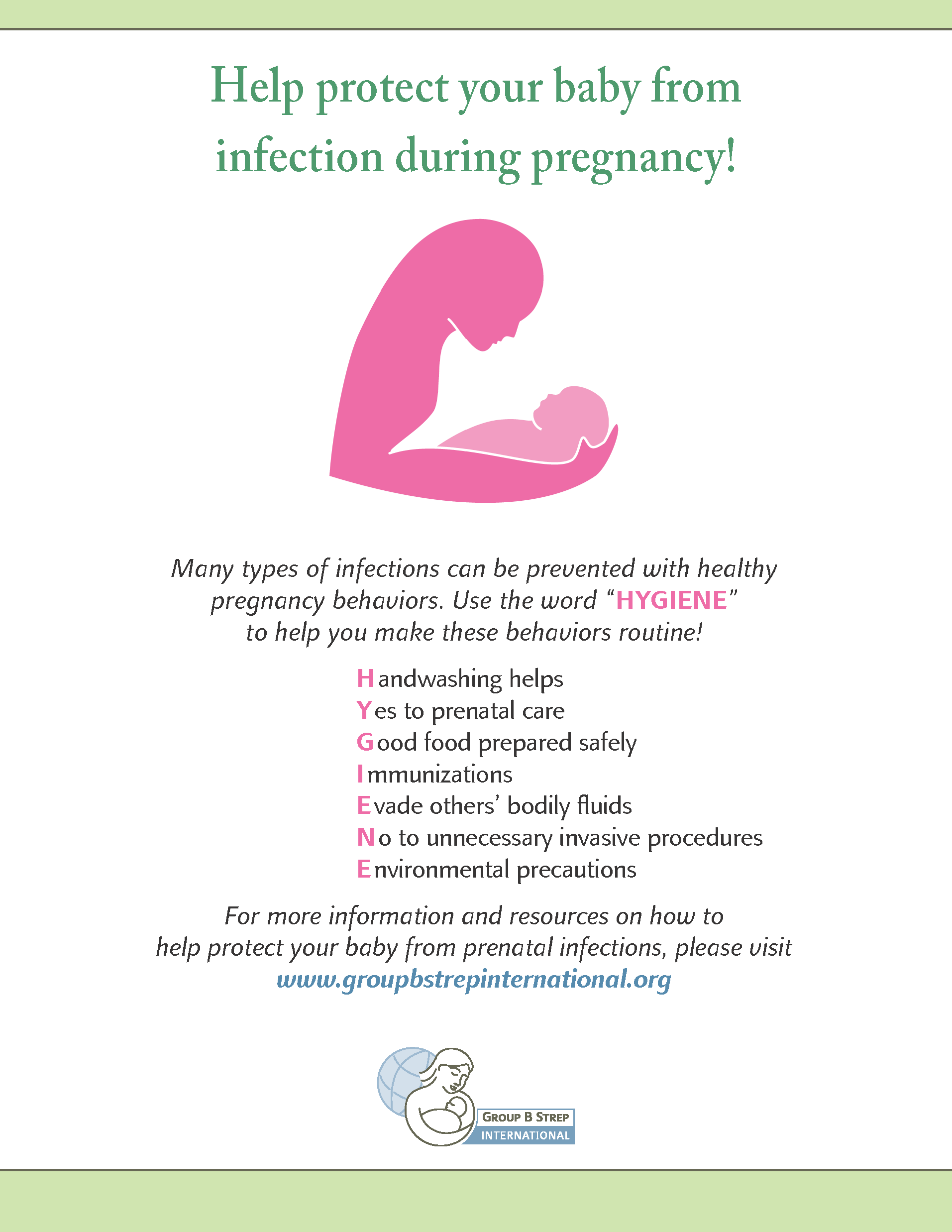
Group B Streptococcus (GBS) in Pregnancy: A Comprehensive Guide
Introduction
Group B Streptococcus (GBS) is a type of bacteria that can colonize the vagina and rectum of women without causing any symptoms. However, during pregnancy, GBS can be transmitted to the baby and cause serious infections. Approximately 10-30% of women are colonized with GBS during pregnancy, but only a small percentage of these women will have babies who develop GBS infections.
Risk Factors for GBS Infection
Certain factors increase the risk of GBS infection in newborns, including:
- Preterm birth (before 37 weeks gestation)
- Prolonged rupture of membranes (more than 18 hours)
- Maternal fever during labor
- Previous GBS infection in a sibling
Symptoms of GBS Infection in Newborns
GBS infection in newborns can manifest in two main forms:
- Early-onset GBS infection: This occurs within the first 24 hours of life and is characterized by symptoms such as pneumonia, sepsis, and meningitis.
- Late-onset GBS infection: This develops after 24 hours of life and typically presents as meningitis.
Diagnosis of GBS Infection
GBS infection in newborns is diagnosed through blood and spinal fluid cultures.
Treatment of GBS Infection
Newborns with GBS infection are treated with antibiotics. The duration of treatment depends on the severity of the infection.
Prevention of GBS Infection
The American College of Obstetricians and Gynecologists (ACOG) recommends that all pregnant women be screened for GBS between 35 and 37 weeks gestation. The screening involves a simple vaginal and rectal swab test.
If a woman is found to be colonized with GBS, she will be given antibiotics during labor to prevent transmission to the baby.
Complications of GBS Infection
GBS infection in newborns can lead to serious complications, including:
- Pneumonia
- Sepsis
- Meningitis
- Cerebral palsy
- Hearing loss
- Vision loss
Long-Term Effects of GBS Infection
Some newborns who survive GBS infection may experience long-term effects, such as:
- Learning disabilities
- Developmental delays
- Behavioral problems
Importance of GBS Screening and Prevention
GBS screening and prevention are essential for reducing the risk of GBS infection in newborns. By following ACOG’s recommendations, pregnant women can help protect their babies from this potentially life-threatening infection.
Additional Information
- Can GBS be cured? GBS colonization in pregnant women cannot be cured, but it can be treated with antibiotics to prevent transmission to the baby.
- Is GBS contagious? GBS can be spread from person to person through close contact, but it is not highly contagious.
- Can GBS cause miscarriage? GBS colonization during pregnancy has not been linked to an increased risk of miscarriage.
- Can GBS cause infertility? GBS colonization does not affect fertility.
- What are the symptoms of GBS in adults? Most adults who are colonized with GBS do not experience any symptoms. However, in some cases, GBS can cause urinary tract infections, skin infections, and pneumonia.
Conclusion
GBS is a common bacteria that can colonize the vagina and rectum of pregnant women. While most women who are colonized with GBS will not have babies who develop GBS infections, it is important to be aware of the risks and to follow ACOG’s recommendations for screening and prevention. By doing so, pregnant women can help protect their babies from this potentially serious infection.